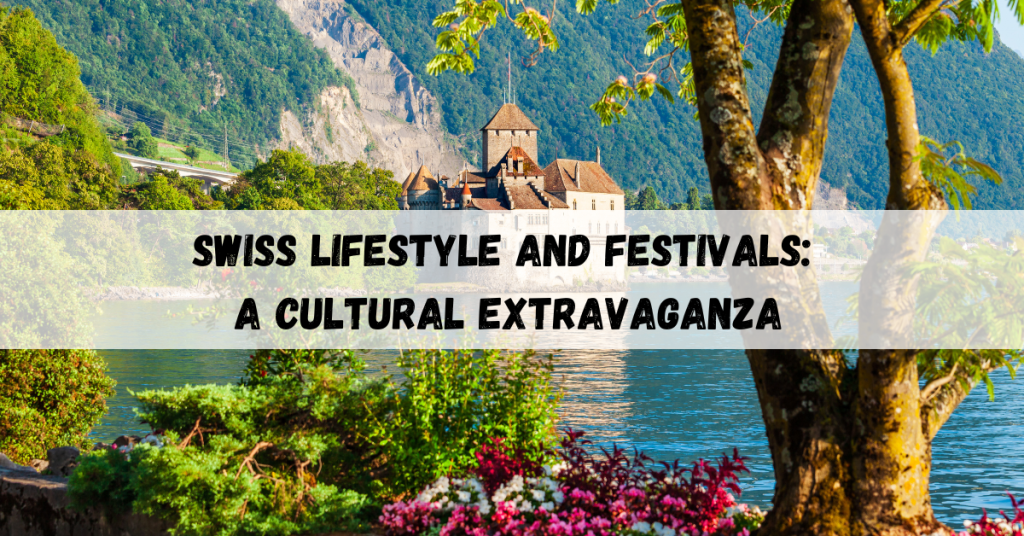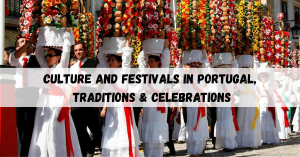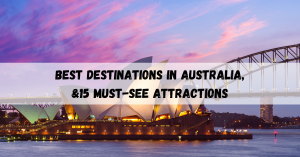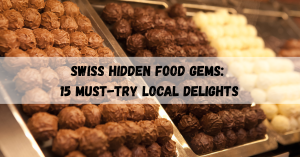Switzerland is more than just breathtaking landscapes and luxurious watches. It’s a country where modernity meets tradition, where lively urban life coexists with charming Alpine villages, and where festivals bring people together in grand celebrations. From the energetic Fasnacht Carnival to the prestigious Montreux Jazz Festival, Switzerland is a melting pot of traditions, music, food, and history.
Whether you’re a visitor or a resident, experiencing Swiss festivals and daily life is an unforgettable cultural journey. Let’s explore the unique Swiss lifestyle and festivals that make this country one of the most fascinating in Europe.
Switzerland’s Lifestyle: A Blend of Modernity and Tradition
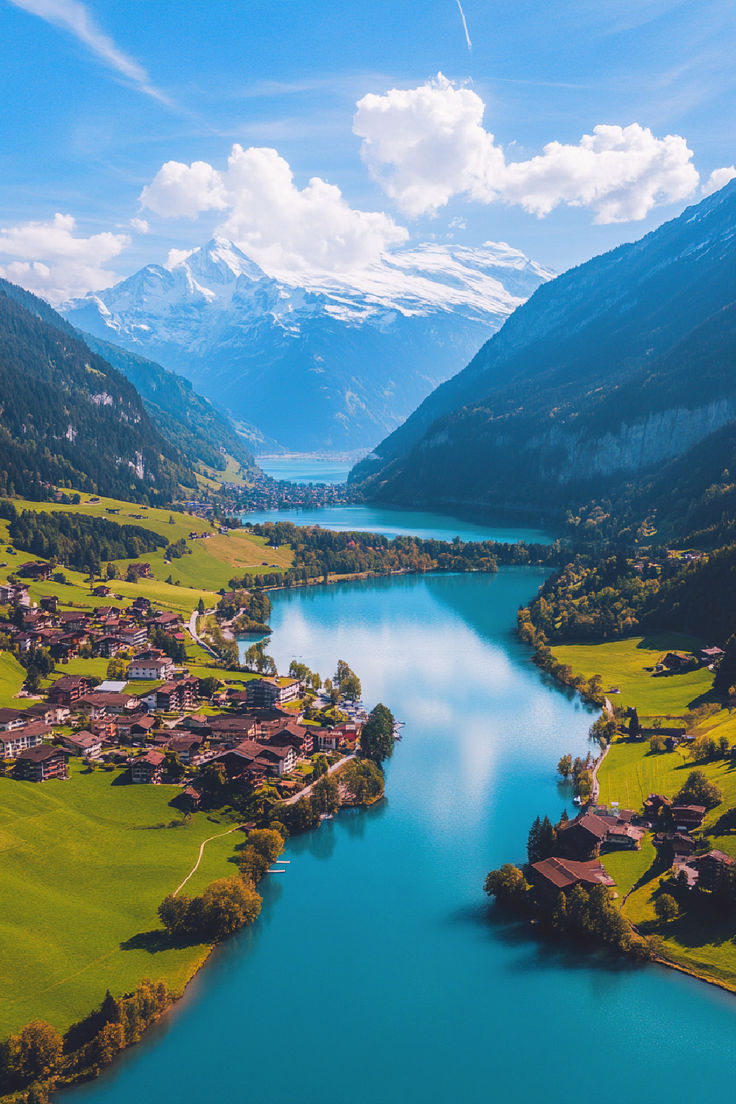
Switzerland is a country of contrasts. While cities like Zurich and Geneva are global business hubs, rural areas maintain a slower, community-oriented lifestyle. The Swiss enjoy a high standard of living, balancing work and leisure in a way that keeps stress at bay.
Urban vs. Rural Living in Switzerland
- Urban Lifestyle: Swiss cities are known for their efficiency, cleanliness, and high quality of life. Public transport is punctual, and people take pride in their work ethic.
- Rural Lifestyle: In the countryside, life moves at a more relaxed pace. Local traditions, farming, and communal gatherings are still strong.
The Swiss work hard but also know how to enjoy life, making time for outdoor activities, music, and cultural events.
Swiss Work-Life Balance and Leisure Activities
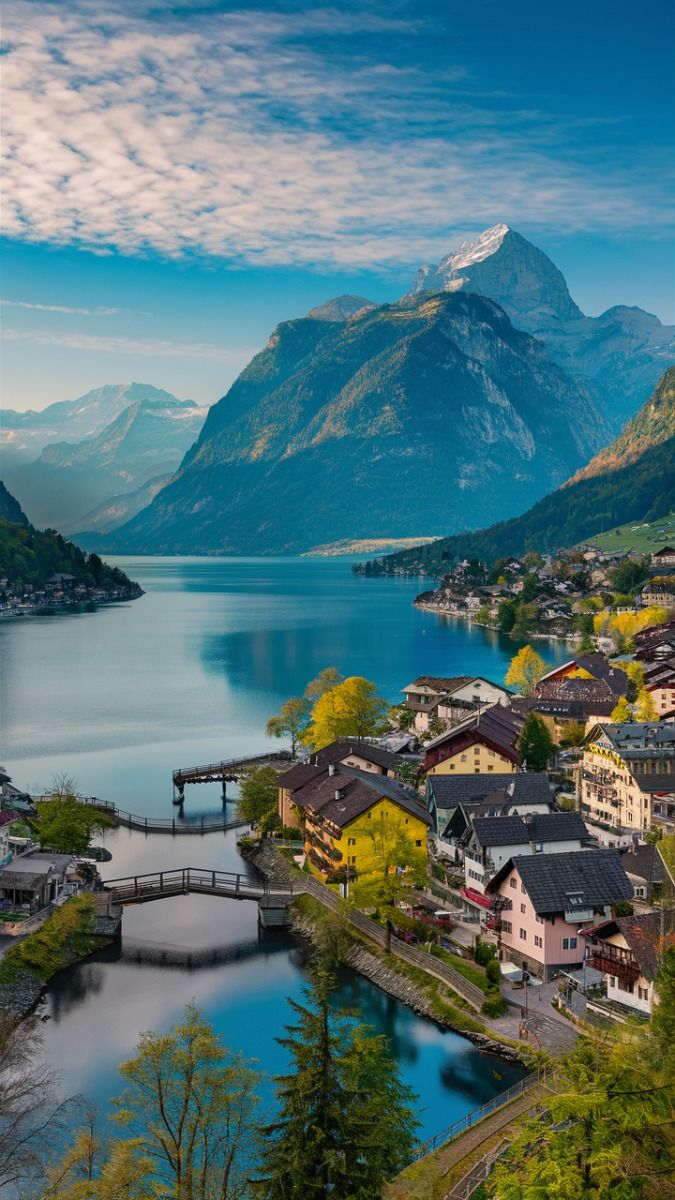
The Swiss prioritize a healthy work-life balance. With shorter working hours than many other countries, they dedicate plenty of time to outdoor adventures, family gatherings, and leisure activities.
- Skiing & Hiking: Switzerland’s mountains offer world-class skiing in winter and stunning hiking trails in summer.
- Wellness & Spa Culture: Many Swiss enjoy weekends at spa resorts, especially in places like Bad Ragaz and Leukerbad.
- Community Festivals: Many small towns and villages host annual events celebrating local customs and history.
This balance between work and leisure is a key part of Swiss culture and traditions.
Swiss Cuisine and Dining Culture
Swiss food is a delightful mix of German, French, and Italian influences, creating a diverse culinary scene.
Famous Swiss Dishes:
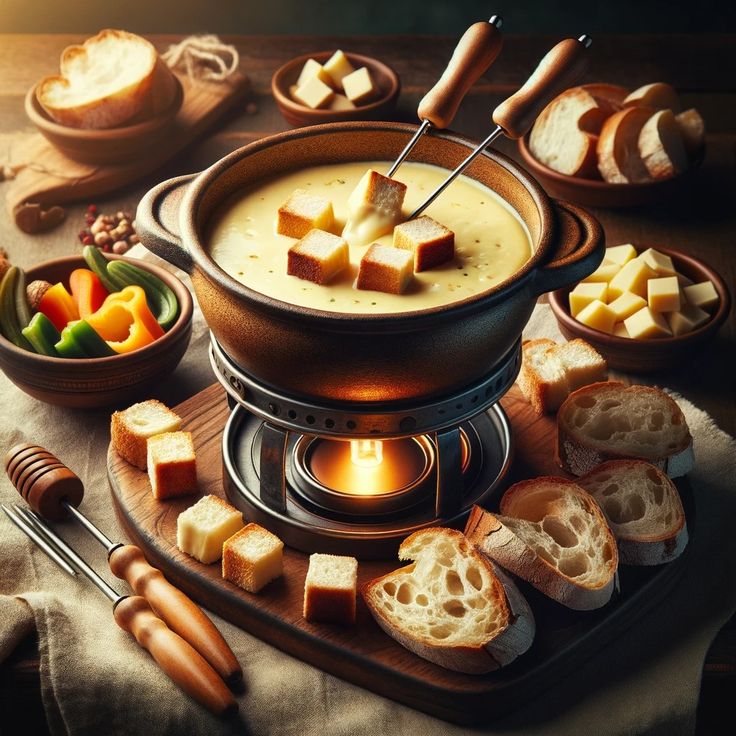
- Fondue & Raclette: Melted cheese served with bread or potatoes.
- Rösti: A crispy potato dish, often served with sausages or eggs.
- Zürcher Geschnetzeltes: A creamy veal dish with white wine and mushrooms.
- Swiss Chocolate & Pastries: Switzerland is world-famous for its chocolates and sweet treats like the Engadine nut tart.
Dining Etiquette in Switzerland
- Punctuality matters: Arriving late for dinner is considered rude.
- “En Guete!”: This phrase means “Enjoy your meal!” and is commonly used before eating.
- Tipping is optional: Service charges are included, but small tips are appreciated.
Swiss cuisine is best experienced in family-run restaurants, mountain lodges, and traditional village inns.
Outdoor Adventures and Nature in Switzerland
Switzerland’s breathtaking landscapes aren’t just for sightseeing, they’re for experiencing.
Top Outdoor Activities:
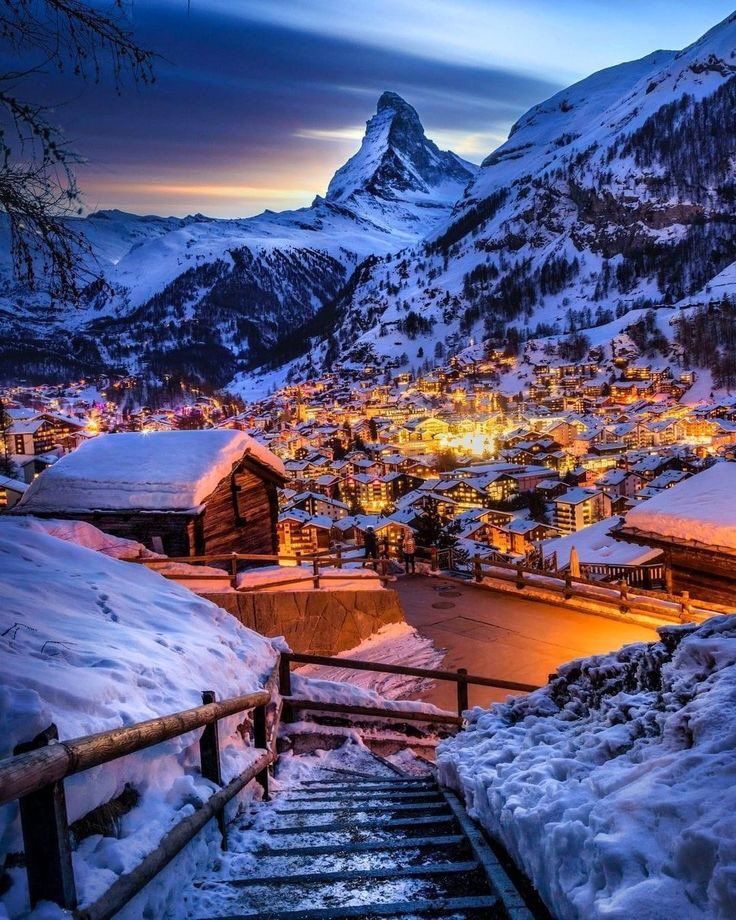
- Skiing & Snowboarding: The Swiss Alps are home to world-famous ski resorts like Zermatt, St. Moritz, and Verbier.
- Hiking & Biking: Explore scenic trails in Jungfrau, Lake Geneva, and Interlaken.
- Paragliding & Water Sports: Experience adventure sports in places like Lauterbrunnen and Lake Lucerne.
For the Swiss, nature is not just a backdrop but an essential part of daily life.
The Role of Music and Arts in Swiss Life
Switzerland is rich in artistic traditions, from folk music to modern jazz.
- Traditional Music: Alphorns, yodeling, and folk dances are common at village festivals.
- Classical & Opera: Zurich and Geneva have some of the best opera houses in Europe.
- Contemporary Music & Jazz: The Montreux Jazz Festival is world-renowned, attracting music lovers from across the globe.
Art lovers can explore museums, art galleries, and street performances across Swiss cities.
Famous Festivals in Switzerland
Switzerland hosts some of Europe’s most vibrant and diverse festivals, celebrating everything from ancient traditions to modern arts.
Swiss National Day: A Grand Celebration (August 1)
- Celebrates the founding of Switzerland with fireworks, bonfires, and parades.
- Major events take place in Lucerne, Zurich, and Bern.
Fasnacht: Switzerland’s Most Colorful Festival (February/March)
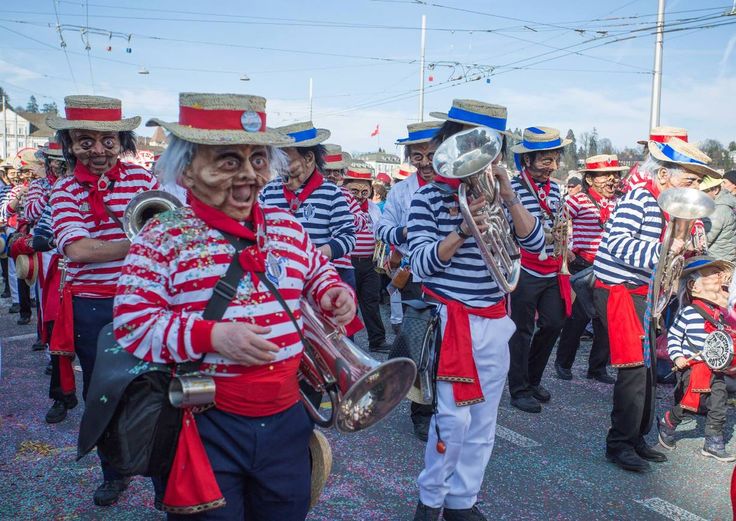
- A three-day carnival in Basel featuring elaborate masks, drumming parades, and confetti-covered streets.
- One of Europe’s most unique traditional Swiss celebrations.
Montreux Jazz Festival: A Global Musical Affair (July)
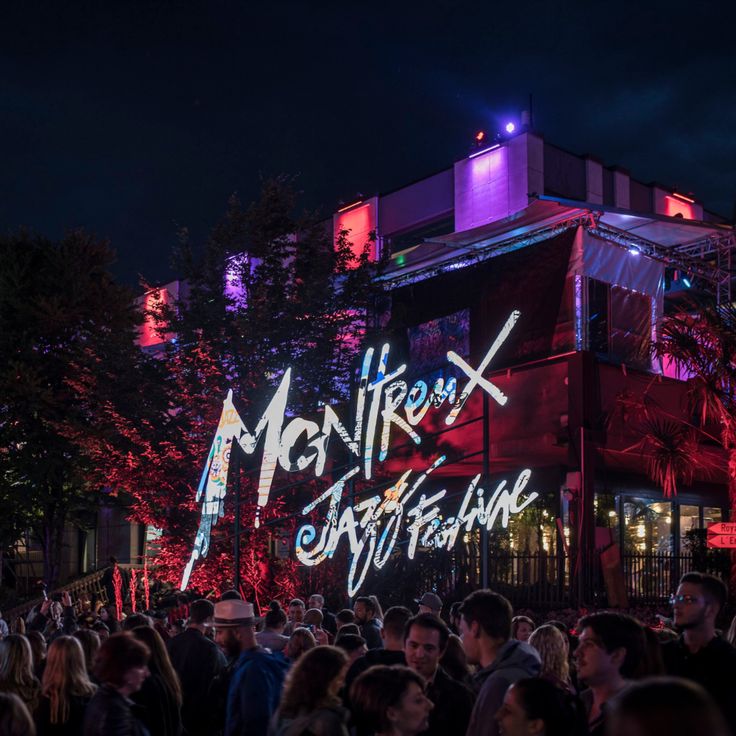
- Held on Lake Geneva, this festival attracts world-famous musicians and music lovers.
- Started as a jazz event but now features rock, blues, and pop.
Zibelemärit (Onion Market): A Unique Tradition (November)
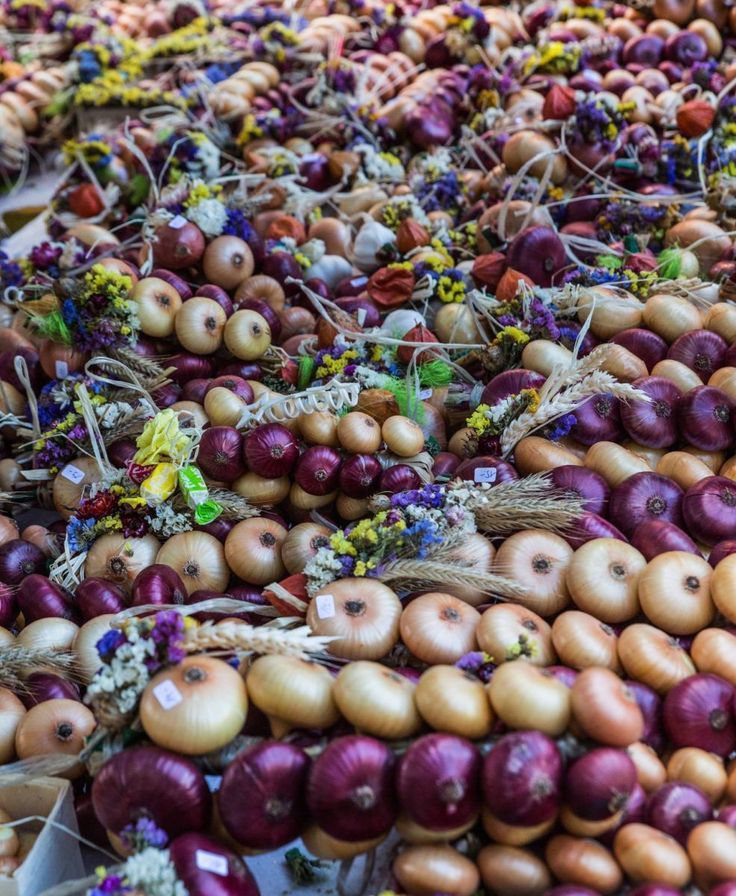
- Held in Bern, this festival celebrates onions with markets, crafts, and delicious onion-based dishes.
Sechseläuten: The Burning of the Böögg (April)
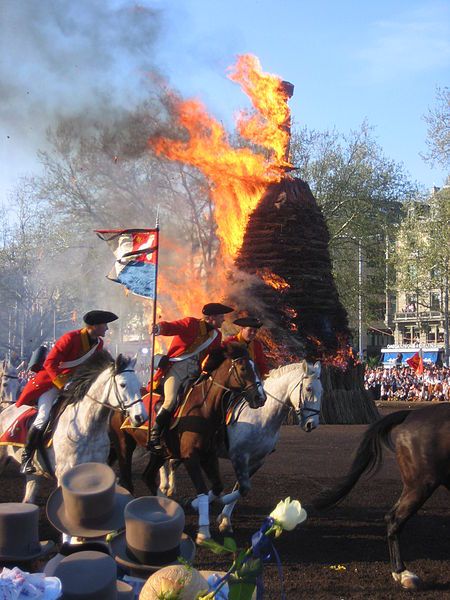
- Zurich’s way of welcoming spring by burning a snowman (Böögg).
- The time it takes for the Böögg’s head to explode is said to predict the summer’s weather.
Christmas & New Year Celebrations in Switzerland
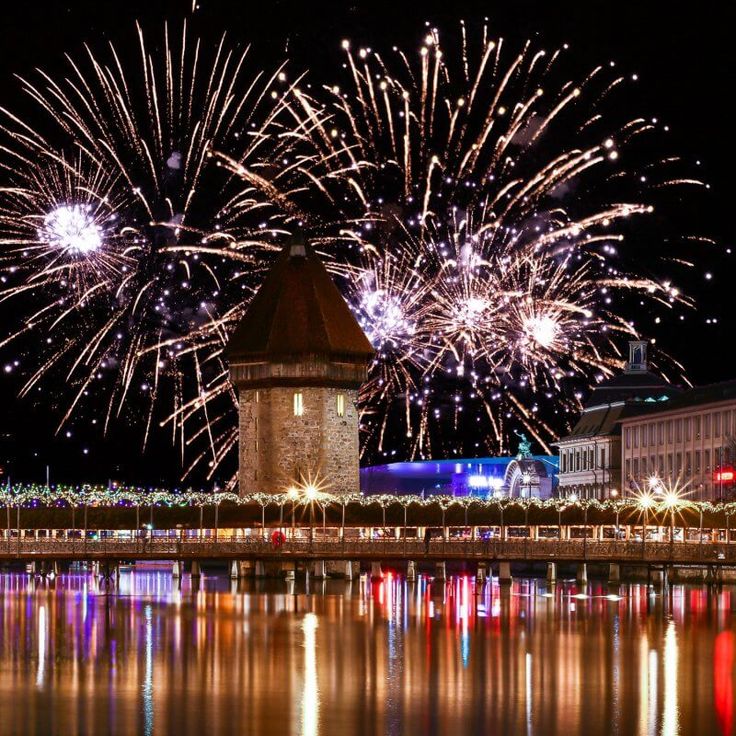
- Christmas markets in Zurich, Basel, and Montreux create a magical holiday atmosphere.
- New Year’s Eve in Geneva features breathtaking fireworks over Lake Geneva.
These best festivals in Switzerland showcase the country’s unique traditions and community spirit.
Traditional Swiss Clothing and Attire in Festivals
Swiss festivals often feature traditional clothing, adding cultural charm to celebrations.
- Women’s Attire: Embroidered dresses, aprons, and lace blouses.
- Men’s Attire: Lederhosen, Alpine hats, and knee-high socks.
- Alphorn Players: Dressed in national outfits, playing Switzerland’s iconic long wooden horns.
During festivals like Fasnacht and Sechseläuten, you’ll see locals proudly wearing traditional outfits.
The Influence of Multiculturalism on Swiss Festivals
Switzerland is a melting pot of cultures, with influences from Germany, France, and Italy, as well as a growing international community. This diversity is reflected in many Swiss festivals, blending global traditions with local customs.
Examples of Multicultural Festivals in Switzerland:
- Fête de l’Escalade (Geneva): A celebration of Geneva’s historical resistance against invaders, but also a multicultural event featuring international food, music, and parades.
- Afro-Pfingsten Festival (Winterthur): A vibrant African culture and music festival, showcasing dance, crafts, and cuisine from different African nations.
- Zurich Street Parade: The world’s largest electronic music festival, attracting DJs and visitors from all over the world, promoting unity and cultural exchange.
- Lugano LongLake Festival: A summer festival in the Italian-speaking part of Switzerland, featuring a mix of Swiss and international performances.
This multicultural influence makes Swiss lifestyle and festivals even more unique, as they embrace both traditional heritage and global diversity.
Switzerland is a land of cultural richness and breathtaking beauty. Its lifestyle offers the perfect mix of modern convenience and deep-rooted traditions, while its festivals showcase the nation’s vibrant spirit.
Whether you’re skiing in the Alps, enjoying Swiss cuisine, or celebrating Fasnacht in Basel, Switzerland promises unforgettable experiences for every traveler.
Start planning your Swiss adventure today and immerse yourself in its rich culture and exciting festivals!
Frequently Asked Questions (FAQs)
What is the most famous festival in Switzerland?
Fasnacht in Basel is one of the most famous and colorful festivals, attracting thousands of visitors every year.
How do the Swiss celebrate their National Day?
With fireworks, bonfires, parades, and concerts throughout the country.
Is Swiss cuisine different in various regions?
Yes, Swiss cuisine is influenced by German, French, and Italian traditions, making it regionally diverse.
Why do the Swiss burn the Böögg at Sechseläuten?
The Böögg is burned to predict the summer’s weather, the faster it burns, the sunnier the season.
What makes Montreux Jazz Festival special?
It’s one of the world’s most prestigious music festivals, featuring jazz, rock, blues, and pop performances.
